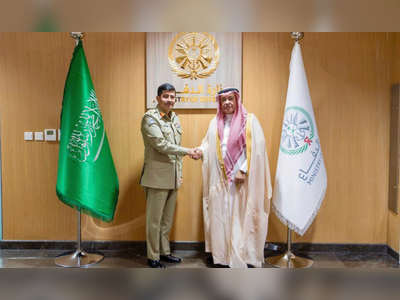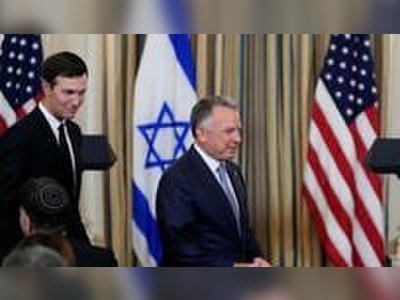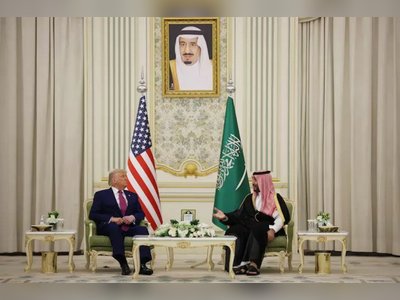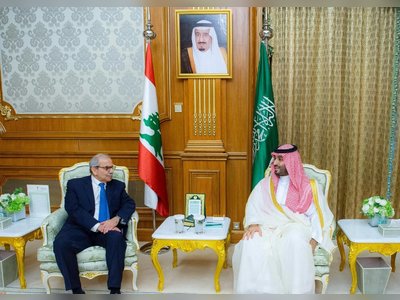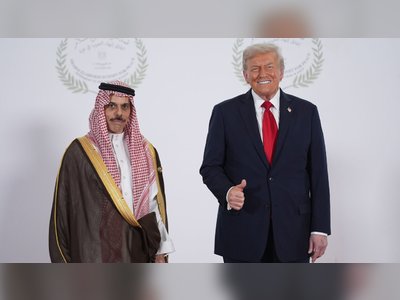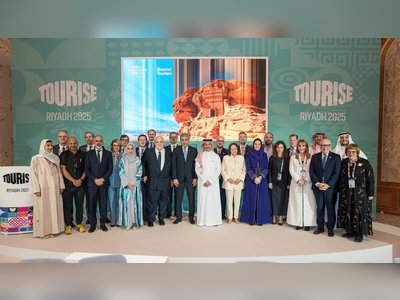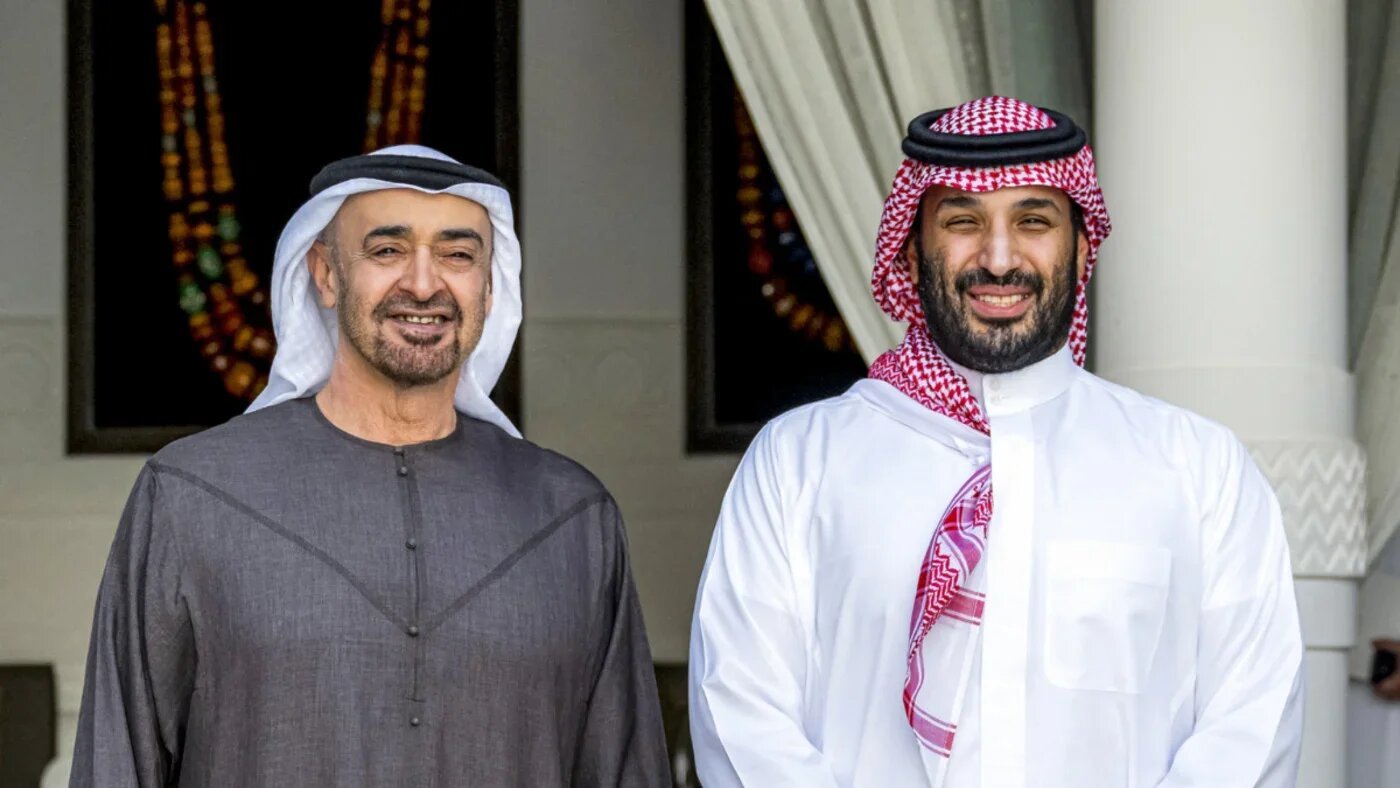
Saudi Crown Prince to Urge Trump to Press UAE Over Sudan Role at White House Visit
Mohammed bin Salman expected to lobby President Trump on United Arab Emirates’ support for Sudan’s RSF during Washington meeting
Saudi Arabia’s Crown Prince Mohammed bin Salman is set to meet President Donald Trump in Washington next week, where he is expected to press the United Arab Emirates to curb its support for the paramilitary Rapid Support Forces in Sudan, according to multiple Arab and Western officials.
The move follows a recent phone call between the crown prince and Sudanese Armed Forces commander Abdel Fattah al-Burhan, who reportedly told Riyadh that U.A.E. backing of the RSF must end for the conflict to conclude.
The RSF’s capture of El Fasher, the capital of North Darfur, has drawn renewed scrutiny, with mass killings and systematic abuses attributed to the group prompting Sudan to accuse foreign backers of complicity in war crimes.
While the U.A.E. has denied allegations of sponsoring the RSF, regional analysis shows diverging Gulf interests: Saudi Arabia, once closely aligned with the U.A.E., now appears to be using its Washington visit by the crown prince to emphasise a more aligned position with the U.S. and Egypt in support of Sudan’s regular army, exposing a subtle rift with Abu Dhabi.
In the lead-up to the visit, intelligence and diplomatic cables referenced an active information war between U.A.E.-linked and Saudi-linked social-media accounts, each seeking to shape the narrative around Sudan and Gulf involvement.
A Western official told analysts the crown prince “sees an opportunity to drive a wedge between Trump and the U.A.E. leadership” by raising the issue.
Despite the prominence of arms, artificial-intelligence investment and energy on the Washington agenda, diplomatic sources say Sudan will be brought to the fore by Saudi Arabia as part of a broader bid to assume a mediating role—one that positions Riyadh ahead of other regional powers.
With tens of thousands killed and millions displaced in Sudan’s conflict, the crown prince’s high-stakes diplomatic engagement signals the Kingdom’s ambition to influence regional stability and appeal to Washington’s strategic priorities in Africa and the Middle East.
The move follows a recent phone call between the crown prince and Sudanese Armed Forces commander Abdel Fattah al-Burhan, who reportedly told Riyadh that U.A.E. backing of the RSF must end for the conflict to conclude.
The RSF’s capture of El Fasher, the capital of North Darfur, has drawn renewed scrutiny, with mass killings and systematic abuses attributed to the group prompting Sudan to accuse foreign backers of complicity in war crimes.
While the U.A.E. has denied allegations of sponsoring the RSF, regional analysis shows diverging Gulf interests: Saudi Arabia, once closely aligned with the U.A.E., now appears to be using its Washington visit by the crown prince to emphasise a more aligned position with the U.S. and Egypt in support of Sudan’s regular army, exposing a subtle rift with Abu Dhabi.
In the lead-up to the visit, intelligence and diplomatic cables referenced an active information war between U.A.E.-linked and Saudi-linked social-media accounts, each seeking to shape the narrative around Sudan and Gulf involvement.
A Western official told analysts the crown prince “sees an opportunity to drive a wedge between Trump and the U.A.E. leadership” by raising the issue.
Despite the prominence of arms, artificial-intelligence investment and energy on the Washington agenda, diplomatic sources say Sudan will be brought to the fore by Saudi Arabia as part of a broader bid to assume a mediating role—one that positions Riyadh ahead of other regional powers.
With tens of thousands killed and millions displaced in Sudan’s conflict, the crown prince’s high-stakes diplomatic engagement signals the Kingdom’s ambition to influence regional stability and appeal to Washington’s strategic priorities in Africa and the Middle East.
